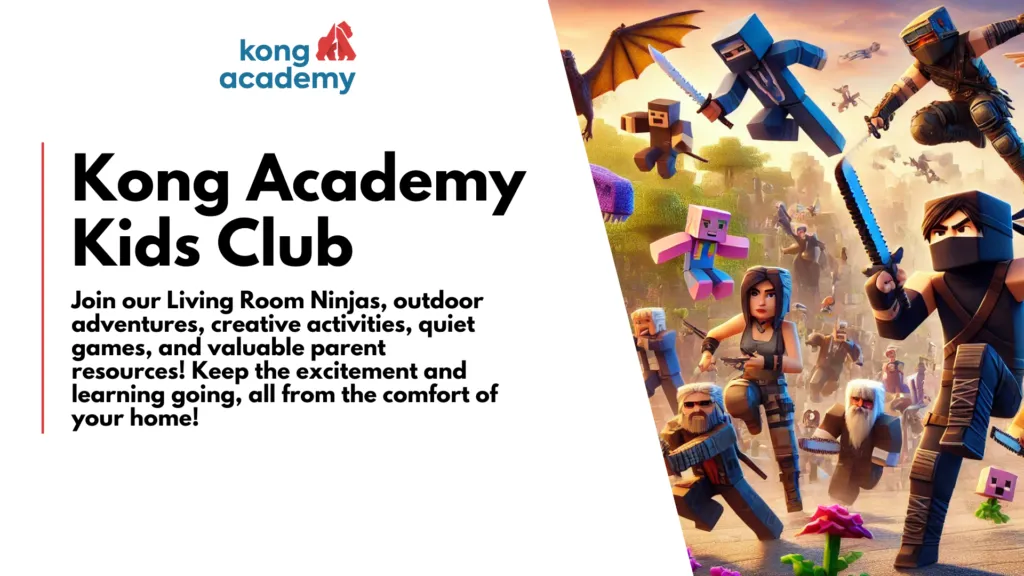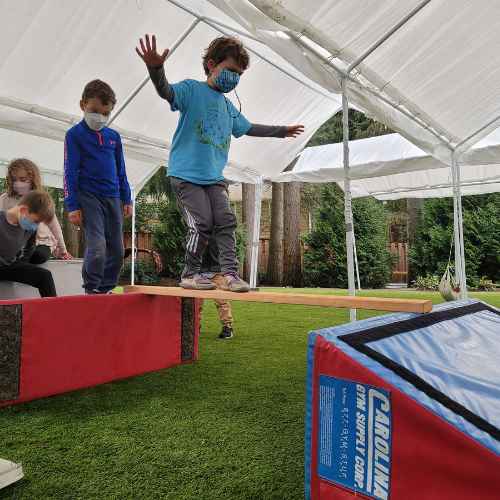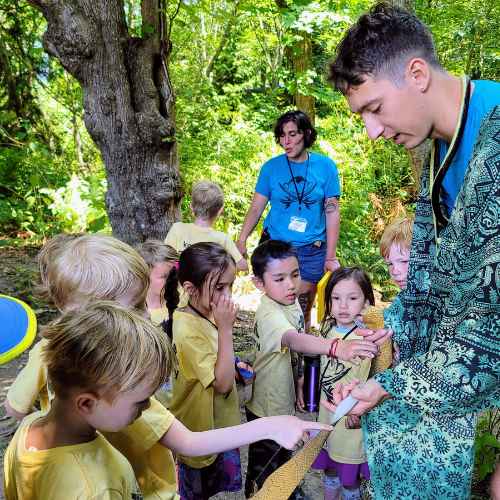
In our modern society, where achievement often overshadows individual growth, parents face the daunting task of balancing their child’s developmental needs with external pressures for success. This article explores how to strike that delicate balance, ensuring our children thrive not just in their achievements but also in their personal development.
Understand the Impact of High-Pressure Parenting
Today’s Western culture, with its heavy emphasis on extracurricular activities and academic achievement, can inadvertently set unrealistic expectations for our children. This issue often starts at home, where the pressure to excel can overshadow a child’s need for developmental exploration. In this high-achieving environment, it’s crucial for parents to recognize and acknowledge the difference between encouraging their children’s talents and overburdening them with the pursuit of perfection.
Balancing academic and extracurricular demands with opportunities for creative play, active risk play, and self-discovery helps raise well-rounded, emotionally healthy individuals.
The Consequences of Critical Over-Parenting
When a parent is overly critical, comparing children to peers or siblings, it can lead to the development of a ‘false self’ in children, where they feel unloved and misunderstood, with these feelings often extending into adulthood. Moreover, the constant pressure can stifle a child’s natural curiosity and basically kill the joy of learning, replacing it with anxiety and a fear of failure.
It’s crucial for parents to understand that an overly critical environment can hinder rather than foster a child’s ability to develop resilience, self-esteem, and independence, which are key components of a healthy, successful adulthood.
Nurturing a Child’s True Identity
It’s critical for children to understand and feel that their worth is not measured by their achievements. Parenting needs to focus on providing a loving, structured environment where children are guided but also given the freedom to be themselves.
This means that children need time, space, and opportunities to make their own choices, or they may face challenges in developing a strong sense of self and autonomy and develop unhealthy co-dependencies instead. Without the freedom to explore and make decisions, how can they truly learn who they are and what they are passionate about?
Creating a Supportive Environment for Growth
In order to create an environment that encourages emotional, academic, physical, and social growth and to raise resilient children, we need to do the following:
Give Your Child What They Need
Children need the opportunity to have at least 1-2 hours of unstructured play every day. It is best if they can have unstructured play with peers, because kids are social mammals that require play to develop as part of their ongoing developmental process. This type of play gives children the opportunity to make completely autonomous decisions. Most children in Western cultures today are not given these opportunities and are often exchanged for structured extracurricular activities that will look good on school applications.
Give your child the gift of 1-2 hours of independence a day so they can grow up healthy and happy.
Encourage Learning from Mistakes
Allowing children to make mistakes and learn from them is essential for resilience-building. It shows them that setbacks are not failures but opportunities for growth. For instance, if we constantly solve problems for them, they will struggle to develop critical thinking skills, and if we keep them from making choices, they will never become independent.
Effective Communication of Love and Expectations
After a child has made a mistake, let them know they are loved and help them find ways to improve. Kids crave constructive feedback because they want to grow and become skilled and capable of doing things. How many of you have had an experience where your child wanted to show you they could do something or share a project they just finished? It is because they are proud of their accomplishments. Help them improve with honest feedback, and they will love and respect you for it.
Summary:
In an age where the pressure to achieve is ever-present, remember that everyone grows at their own pace, and our children’s well-being comes first. There are real consequences of critical overparenting that can have lifelong effects.
Stay ahead by giving your children what they need: time, space, and opportunities to have unstructured play for 1-2 hours a day, preferably with their peers. When a child has an environment in which they can make choices, we lay a strong foundation for their emotional and academic well-being. Remember, our children’s success is found in their ability to find joy, establish a meaningful balance in life, and embrace a sense of fulfillment in their personal journeys, which is different for every child!
To support your child’s development and growth, visit Kong Academy and join our community dedicated to nurturing well-rounded, resilient, compassionate leaders of the future!
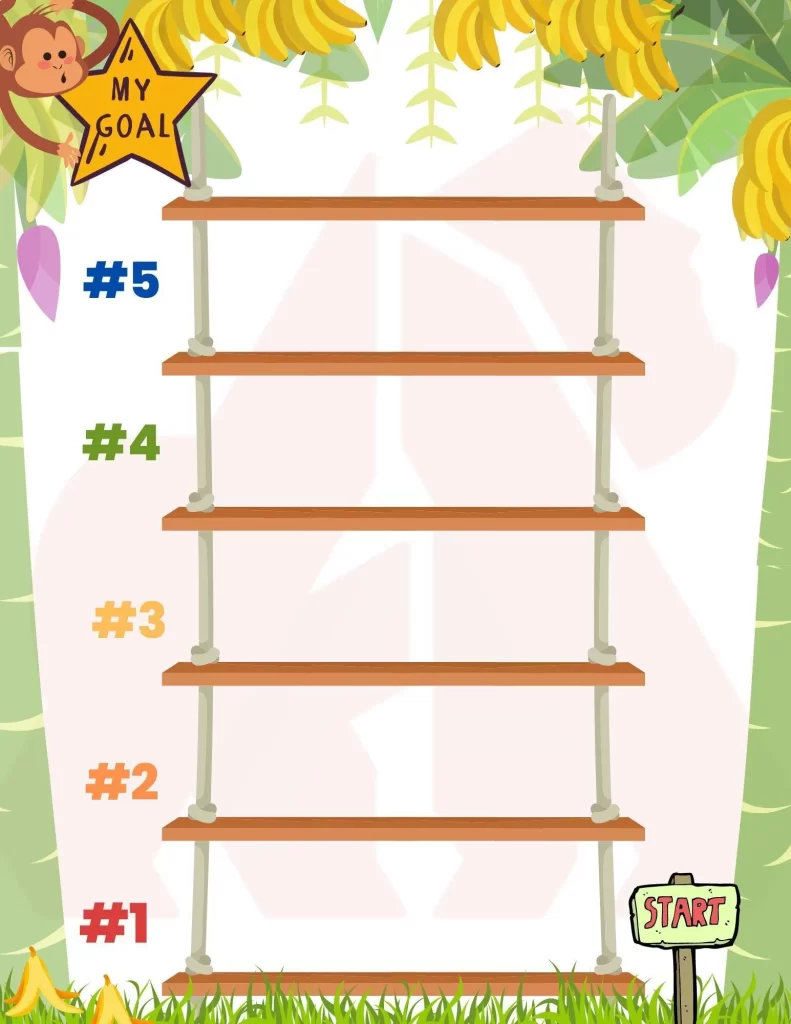
- Let Them Make Decisions
Next, it is essential to give your child the opportunity to develop their skills independently. This means giving them the freedom to make choices, to make mistakes, and to take chances. Kids need that freedom to make decisions. Without the freedom to fall they don’t have the freedom to fly! This is a crucial step because often as parents we want to step in and shield them from experiencing any hardships, even minor ones. But these experiences are exactly what helps them grow. To strive, come up short, pick ourselves up, and try again. Too often when WE feel uncomfortable we try and stop their experience and as a result stop their learning. Instead teach them how to overcome hardship. - Teach Them About Failure & How To Overcome It
Even when we’ve done everything to set ourselves up for success, we can still flop right onto our faces. You know this because, by now, you’ve probably experienced it yourself. But your kids may not. Teach them that falling down is not failing, that having a bad day is not failing, and that making mistakes is not failing, as long as they learn from their mistakes and remain persistent. ‘Failure is not the opposite of success; it is part of success’.
Source: https://biglifejournal.com/blogs/blog/child-confidence
Source: https://www.momjunction.com/articles/how-to-build-confidence-in-kids-activities_00813958/
Summary
- Kids can develop confidence, and it’s simple. However, ‘simple’ does not mean ‘easy,’ and the rewards get compounded over the rest of their lives. If you want to grow your child’s confidence in a structured way, then Kong Academy’s after-school classes are a great place to start! ‘Register for an After School Program Today!’ Click here.
Confidence Building Exercises : Frequently Asked Questions (FAQs)
- The best exercise for building confidence is giving them time and space to socialize in an active and child-led way. This approach is effective because it allows them to test and grow together. They discover what they are capable of, how they react to different situations, and learn tools to help themselves improve in the future. Just make sure to engage with them about their experiences to help guide their thoughts towards positive growth.
- The lack of confidence in kids can be attributed to inexperience and a negative or fixed mindset. If you speak from a fixed mindset (nothing will ever change, I just cant’ do this, etc.), your child will likely do the same. If you believe that the world is doom and gloom, then you shape your kids with those beliefs. Practicing positive or growth mindset can shift everyone’s potential. By doing so, you influence your kids to have strong beliefs in themselves, and that’s a win in parenting!
GET Access to the ULTIMATE PLAY DATE PACKAGE (Value: $49) for FREE!
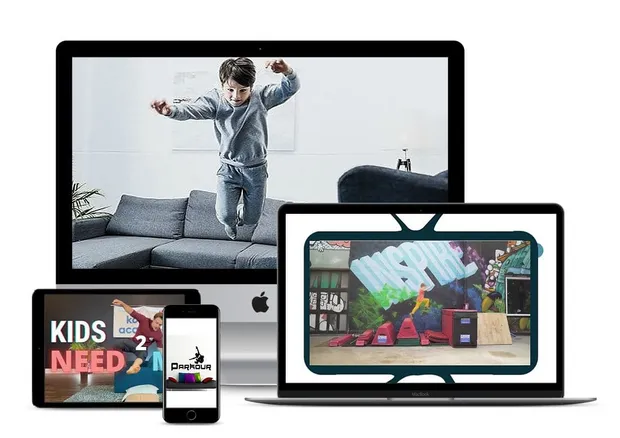
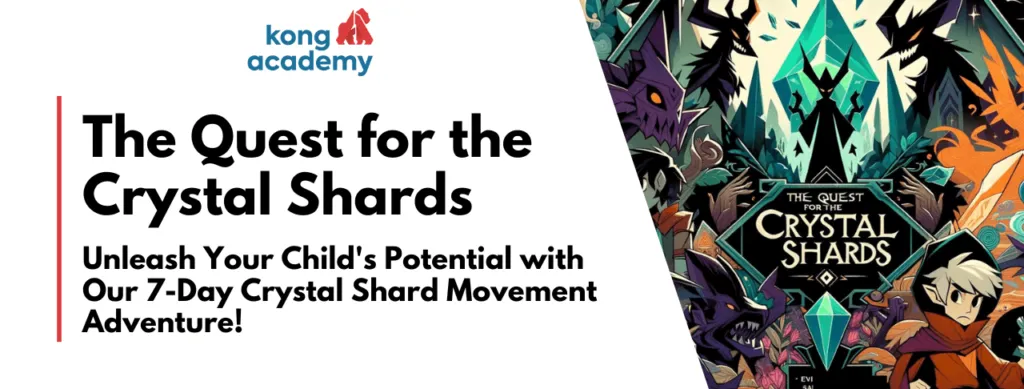
7-Day Crystal Shard Adventure
Unleash your child’s potential with our 7-day crystal shard movement adventure!

